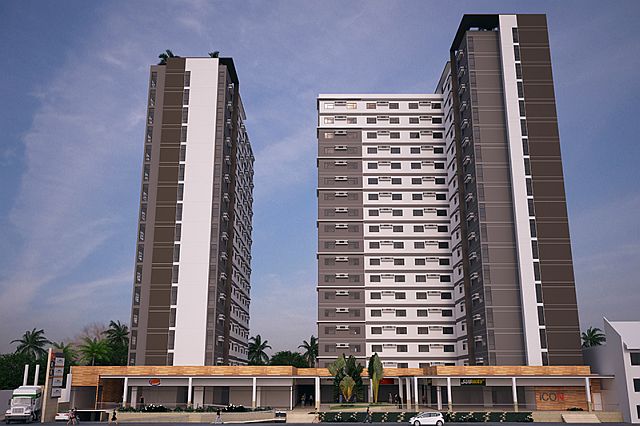
The Casa Mira Towers is one of the projects registered at the Board of Investments in 2016 by the local developer, Cebu Landmasters Inc. (cebulandmasters.com).
More projects by micro to small-scale enterprises, particularly from the manufacturing sector, are expected in 2017 as the Board of Investments (BOI) implement a regionalized process of registering the investors’ projects.
Philip Torres, BOI Cebu investments specialist, said he would be expecting that the number of manufacturing projects to increase this year since the board had implemented a regionalized process to register projects.
“All projects within the Visayas will go through and be approved by our office, unlike before when it was the head office that will evaluate. This way, the process will be faster,” he said in an interview last week.
Extension offices
However, Torres clarified that extension offices are only allowed to evaluate and approve projects that are below P15 million under the national government’s Investments Priority Plan (IPP) 2017-2022.
Aside from that, the current administration has also made available BOI incentives to manufacturing firms that cater to the domestic market, which were only offered to export-oriented companies before.
2016 projects
BOI-registered projects in Cebu grew to P27.3 billion as of October 2016, around P1.7 billion more than projects logged for the whole 2015 which amounted to P25.6 billion.
As of Oct. 4, 2016, 15 projects were registered with the BOI, 13 of which are under mass housing while the other two are under renewable energy and transportation.
The real estate developers that registered their projects with the agency last year included Kenrich Development Corp.; 77 Living Spaces, Inc.; ALPA Land, Inc.; Pacific Grande Realty & Dev’t. Corp.; Limbros Realty & Dev’t. Corp.; Cebu Landmasters, Inc. for their Casa Mira Towers project; and 8990 Housing Dev’t. Corp.
15 projects, 1,554 jobs,
Meanwhile, Amihan Energy Corp. invested P6.5 billion for a wind power facility in Balamban Cebu while GMR Megawide Airport Corp., the private manager of the Mactan-Cebu International Airport, poured in P16.75 billion for facility improvements last year.
All 15 projects of 2016 generated a total of 1,554 jobs. In 2015, the BOI logged 26 projects in Cebu which generated a total of 3,545 jobs.
Manufacturing projects
For Torres, more manufacturing projects, even when the project cost is low, is more preferable than big-ticket projects under the housing or power sectors.
“No matter how small the cost, it will have a great effect to a locality. Once a manufacturing project takes off, no matter how small, there will be stores that will pop up in the vicinity. Employment generation is very important,” he said.
|Torres added he hopes the influx of manufacturing projects in 2017 will cushion the effects of a possible decline in housing projects since the IPP is also proposing to set a ceiling of P2 million on developments eligible for BOI incentives.
“Most of our developers sell below P2 million, but big developers, on the other hand, sell higher than that. We can expect a decline in the number of projects from them since the prices of raw materials and land aren’t going down at all,” he said.
The advantage of the ceiling, he added, was that it will encourage players to build projects that will address the country’s housing backlog which currently stands at 5.5 million, 1.9 million of which is in the Visayas alone.
Torres said they are optimistic that the number of projects they will log this year will be within the range of previous years as developers see more opportunities to put up businesses here.
Matter of opportunity
“It’s a matter of opportunity. Once they see the opportunity, they will definitely start a project in an area,” said Torres.
The BOI, an attached office of the Department of Trade and Industry (DTI), is the government’s main investment arm that registers projects qualified for fiscal and non-fiscal incentives such as, but not limited to, tax holidays, duty-free importation of capital equipment, and employment of foreign nationals